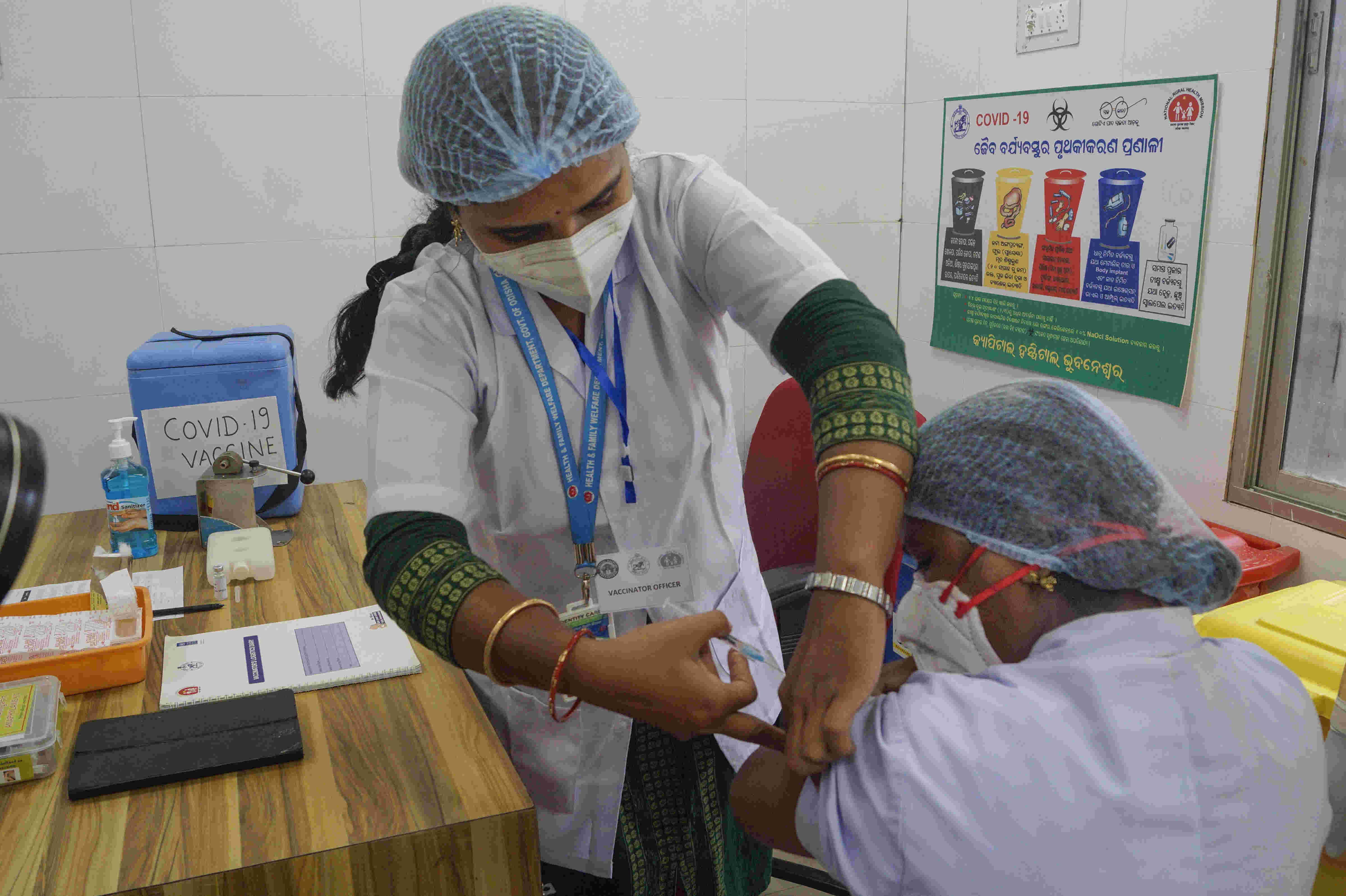Vaccines must be central strategy to fight pandemic: WHO official

New Delhi/Davos: Amid concerns about COVID-19 vaccines not reaching all parts of the world, especially to poor countries, a top WHO official on Tuesday said vaccination must be central to any strategy to fight the pandemic and equitable distribution is a must.
While some of the developed nations are talking about the fourth dose of the vaccine, a large number of people in Africa and some other regions are yet to get their first one.
Speaking at a panel discussion on 'Meeting the challenges of vaccine equity' at the World Economic Forum's online Davos Agenda 2022 summit, leaders said the rapid development of COVID-19 vaccines is a scientific achievement for the ages. But the failure to ensure universal global distribution risks not only bad health outcomes but also economic upheaval and geopolitical tensions, they opined.
Michael Ryan, Executive Director, WHO Health Emergencies Programme, said there is no way to end this pandemic without vaccines being the main central strategy of the fight. He said the best chance to end the public health emergency depends on the vitality of vaccine equity.
Ryan called for a multilateral and trans-national solution, including public-private partnership, to fight such pandemics, including those that may come in future.
"We are faced with an existential crisis, it's very clear that the current mechanisms in place do not deliver equitable delivery of vaccines," he said.
Seth F Berkley, CEO of Gavi vaccine alliance, said barriers after barriers have been faced on the path to expand the vaccination drive to all parts of the world and it is very important to tackle the challenges on our way.
Gabriela Bucher, Executive Director at Oxfam International, said the differences between countries have grown to the highest level ever seen by this generation.
She said there were some errors of judgement initially, especially by leaders of the developed world, that have led to the vaccine inequality we are witnessing today.
Adar Poonawalla, CEO of Serum Institute of India, said his company actually had to curtail the vaccine production due to restrictions and he was elated when India removed the export restrictions last year.
He exuded confidence that the world is better placed today with regard to the unrestricted supply of vaccines and he was hopeful about contributing in a big way to tackling the vaccine inequality issue.
There is no silver bullet or magical solution, but if we can get all governments to come together for some agreements including on export restrictions, that can help deal with such pandemics, Poonawalla said.
Besides, steps would be required to step up production capacities, vaccine developments, clinical trials to meet such challenges in the future, he added.
A harmonised regulatory framework would also be required as we saw during this vaccine people wanting to take one vaccine and not taking another, Poonawalla said.
"We need to learn lessons from the last 18 months so that the same mistakes do not get repeated in the future.'
Bucher called for a collaborative approach to end not just the pandemic but also the inequality caused by it.
"We need a vaccine that is there to enable the end of the pandemic, not fuel further wealth accumulation," she said.
"We need to question whether we want to continue supporting a system that prioritises profits over people's lives," Bucher added.
Emphasising why vaccine equity matters so much, Bucher said inequality is a higher predictor of death from COVID than age and many of those deaths could have been prevented.



